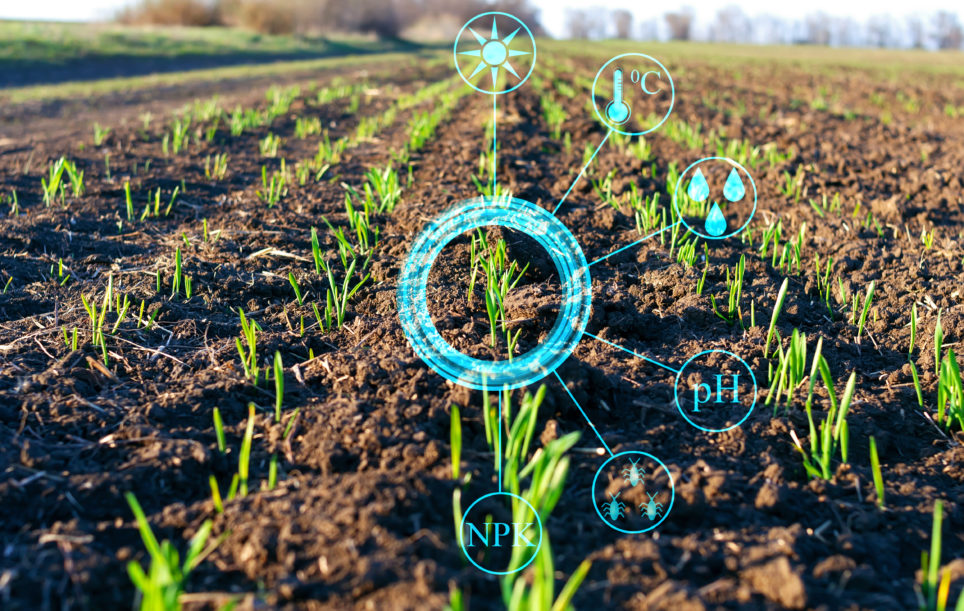Agriculture has been the backbone of human civilization for centuries, providing food, raw materials, and livelihoods for billions of people worldwide. The farming industry is constantly evolving, with technological innovations driving sustainable practices and food security. Artificial Intelligence (AI) is transforming agriculture by enabling precision farming, optimizing resource utilization, and reducing environmental impact.
Precision Farming with AI
Precision farming refers to the use of technology to monitor and analyze soil, weather, and crop data to make informed decisions about farming practices. AI algorithms can process large volumes of data and provide insights into crop health, water usage, and fertilizer requirements. This allows farmers to optimize resource utilization, reduce waste, and increase yields. AI-powered drones and robots can also be used for precision agriculture, conducting tasks like seeding, spraying, and harvesting with precision and efficiency.
Reducing Environmental Impact
AI can also help farmers reduce the environmental impact of agriculture. The use of AI-powered sensors can provide real-time data on soil moisture levels, allowing farmers to reduce water usage and minimize runoff. AI can also be used to monitor crop growth and predict disease outbreaks, allowing farmers to take preemptive measures to prevent crop loss. This reduces the need for pesticides and herbicides, minimizing environmental impact.
Improving Food Security
Food security is a critical issue worldwide, with millions of people facing hunger and malnutrition. AI can help improve food security by enabling more efficient and sustainable farming practices. Precision farming with AI can increase yields and reduce waste, allowing farmers to produce more food with fewer resources. AI can also be used to optimize supply chain management, reducing food loss and ensuring that food reaches those in need.
AI-Powered Farm Management
AI-powered farm management tools can provide farmers with insights into their operations, allowing them to make data-driven decisions about farming practices. These tools can monitor soil health, crop growth, and weather patterns, providing farmers with real-time information on crop conditions. This enables farmers to take proactive measures to prevent crop loss and optimize yields. AI-powered farm management tools can also help farmers manage their resources more efficiently, reducing waste and increasing profitability.
Conclusion
AI is transforming agriculture, enabling precision farming, reducing environmental impact, and improving food security. The farming industry is poised for significant growth in the coming years, with AI playing a crucial role in driving sustainable practices and ensuring food security. As AI technology continues to evolve, we can expect to see even more innovative solutions for sustainable farming.



